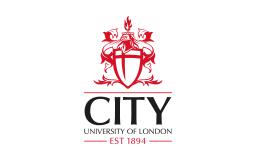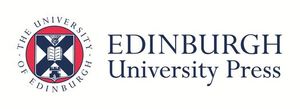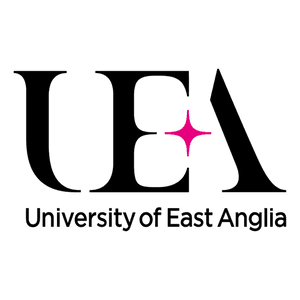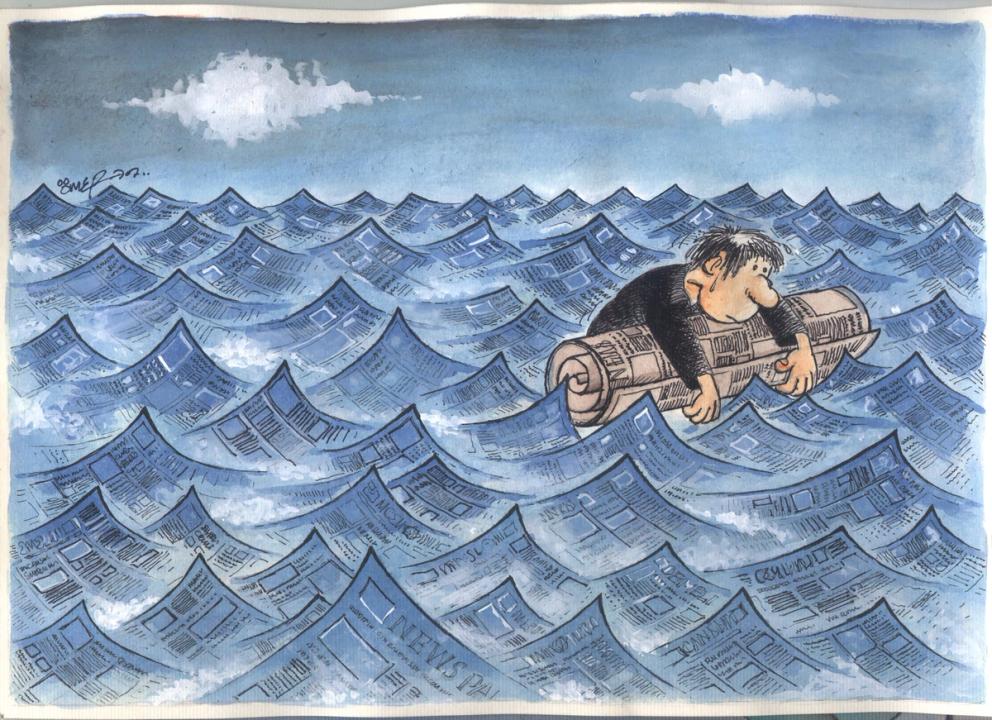Research overview
In 2025, an estimated 305 million people around the world will require humanitarian assistance. This level of humanitarian need is set to keep rising - driven by protracted conflicts, global pandemics and the effects of climate change.
At the same time, news coverage of humanitarian crises – which is vital to enabling the international community to understand, respond to and avert such emergencies – is itself facing an economic crisis. In short, humanitarian news is in crisis, just when it is needed most.
For this reason, Professor Mel Bunce (City, University of London), Professor Martin Scott (University of East Anglia) and Dr Kate Wright (University of Edinburgh) have been studying the production, content and funding of humanitarian news since 2015 – to help understand and improve its relevance, impact and economic sustainability.
Our research has involved multiple newsroom observations, surveys of aid workers and content analyses as well as interviews with approximately 200 journalists, news managers and media donors. It has been funded by the UK Arts and Humanities Research Council (AHRC).
This study has highlighted not only the precarious state of humanitarian news, but also the challenges and opportunities of different funding models and newsroom practices that might support it. This includes funding from governments and private foundations and the adoption of virtual newsrooms. Our work has won a range of prizes including the ICA Wolfgang Donsbach Outstanding Journal Article of the Year Award (2020) and the UEA Outstanding Impact in Policy and Practice Award (2019).
See the publications tab for details of our book, academic articles, reports, op-eds and news coverage.
Please contact us if you have any questions about our research.




